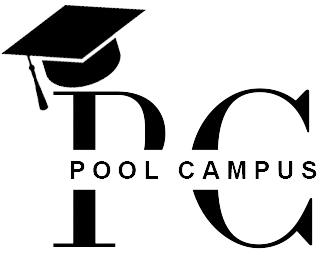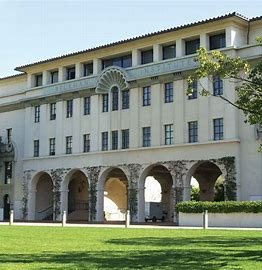California Institute of Technology (CalTech)
Overview
The California Institute of Technology (branded as Caltech) is a private research university in Pasadena, California, United States. The university is responsible for many modern scientific advancements and is among a small group of institutes of technology in the United States that are devoted to the instruction of pure and applied sciences.
The institution was founded as a preparatory and vocational school by Amos G. Throop in 1891 and began attracting influential scientists such as George Ellery Hale, Arthur Amos Noyes, and Robert Andrews Millikan in the early 20th century. The vocational and preparatory schools were disbanded and spun off in 1910, and the college assumed its present name in 1920. In 1934, Caltech was elected to the Association of American Universities, and the antecedents of NASA’s Jet Propulsion Laboratory, which Caltech continues to manage and operate, were established between 1936 and 1943 under Theodore von Kármán.
Caltech has six academic divisions with strong emphasis on science and engineering, managing $332 million in research grants as of 2010. Its 124-acre (50 ha) primary campus is located approximately 11 mi (18 km) northeast of downtown Los Angeles, in Pasadena. First-year students are required to live on campus, and 95% of undergraduates remain in the on-campus housing system at Caltech. Students agree to abide by an honor code which allows faculty to assign take-home examinations. The Caltech Beavers compete in 13 intercollegiate sports in the NCAA Division III’s Southern California Intercollegiate Athletic Conference (SCIAC).
California Institute of Technology (Caltech) Course Offerings
Caltech, a world-renowned science and engineering institute in Pasadena, California, is celebrated for its groundbreaking research, innovative education, and exceptional focus on technology and the sciences.
Schools and Divisions
Caltech offers academic programs through its six divisions, providing a focused and interdisciplinary approach to education:
- Biology and Biological Engineering (BBE): Cutting-edge courses in molecular biology, neuroscience, and bioengineering.
- Chemistry and Chemical Engineering (CCE): Advanced studies in chemical synthesis, materials science, and environmental chemistry.
- Engineering and Applied Science (EAS): Specializations in aerospace, mechanical engineering, computer science, and quantum engineering.
- Geological and Planetary Sciences (GPS): Explore earth sciences, geophysics, planetary exploration, and climate studies.
- Physics, Mathematics, and Astronomy (PMA): Courses in astrophysics, quantum mechanics, and applied mathematics.
- Humanities and Social Sciences (HSS): Interdisciplinary offerings in history, philosophy, economics, and linguistics.





